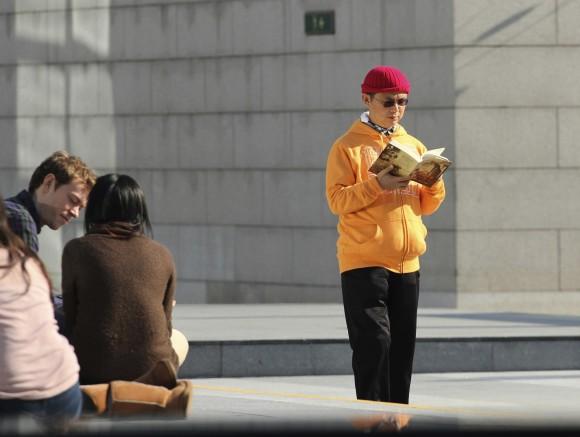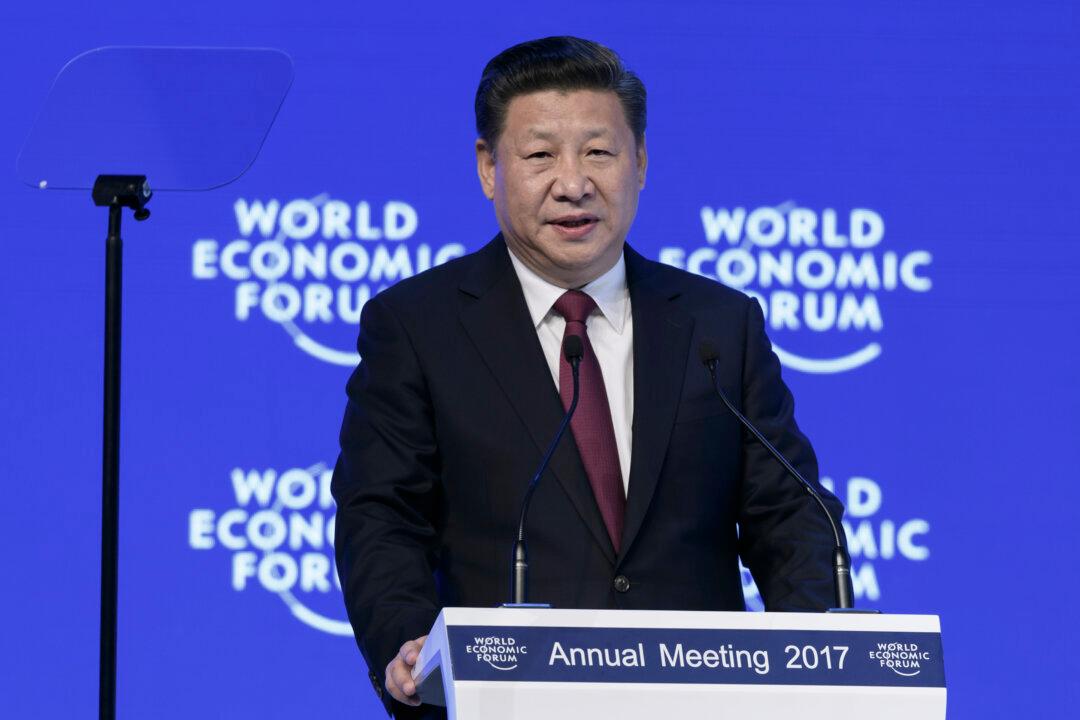In seeking to consolidate power and erode the influence of a rival political faction, Chinese leader Xi Jinping has elected to go slow and steady over the past four years.
The arrests of former Chinese leader Jiang Zemin’s key allies—including ex-security czar Zhou Yongkang and former military vice chairs Xu Caihou and Guo Boxiong—were preceded by months of investigating lower-ranking cronies.
It was only after Xi spent two years purging officers loyal to Jiang that he appeared to formally signal his control over the military, by holding a grand parade in 2015 and later taking on the new title of commander in chief of a new joint battle command center. Recent investigations and abrupt “retirements” for officers suggest that the cleanup of the People’s Liberation Army is still underway.
But Xi has recently made a bold and risky play by bringing into custody prominent Chinese billionaire Xiao Jianhua—a move that puts Xi on very shaky ground but gives him significant leverage against the Jiang faction.





